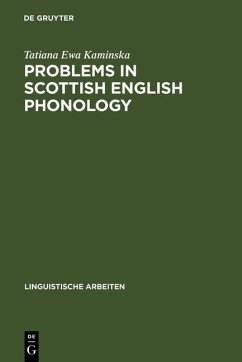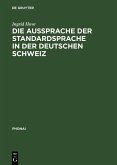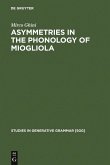This book presents an account of phonological data related to the study of sonorants in Scottish Standard English (SSE), as compared with Received Pronunciation (RP). These data are analysed and interpreted within the theoretical framework of 'Lexical Phonology' and according to recent non-linear, three-dimensional theories of phonological representation. The basic tenets of 'Lexical Phonology' as well as those of 'Three-Dimensional Phonology' (with particular reference to its application to syllable structure) are explained in chapter 1. In the same chaper, the distinction between Standard English spoken with a Scottish accent (SSE) and Scots, the traditional dialect spoken in southern, eastern and north-eastern Scotland is discussed. The presentation of the theoretical paradigms in question as tested against the linguistic material of SSE is organized around the issues of vowel length and the phonological processes pertaining to the sound [r]. More specifically, the analyses focuses on two lengthening processes operating in SSE, namely the 'Scottish Vowel Lengthening Rule' also referred to as 'Aitken's Law' (chaper 2), and the 'Allophonic Lengthening Rule', a phenomenon universal to accents of English (chapter 3). It is claimed that the former is an accent-specific lexicalization of the latter.
Proposals concerning the phonological interpretation of [r]-related phenomena in both non-rhotic and rhotic accents are examined in chapters 4 and 5. In particular, various ways of accounting for the distribution of [r] in the pronunciation of non-rhotic accents (as exemplified by RP) are looked at and on the basis of evidence from rhotic accents (esp. SSE) an interpretation based on a gradient rule of [r]-weakening is proposed. Finally, Kaminska evaluates the success of the lexical framework in accounting for the data from SSE and RP investigated in the present study.
Dieser Download kann aus rechtlichen Gründen nur mit Rechnungsadresse in A, B, BG, CY, CZ, D, DK, EW, E, FIN, F, GR, HR, H, IRL, I, LT, L, LR, M, NL, PL, P, R, S, SLO, SK ausgeliefert werden.









